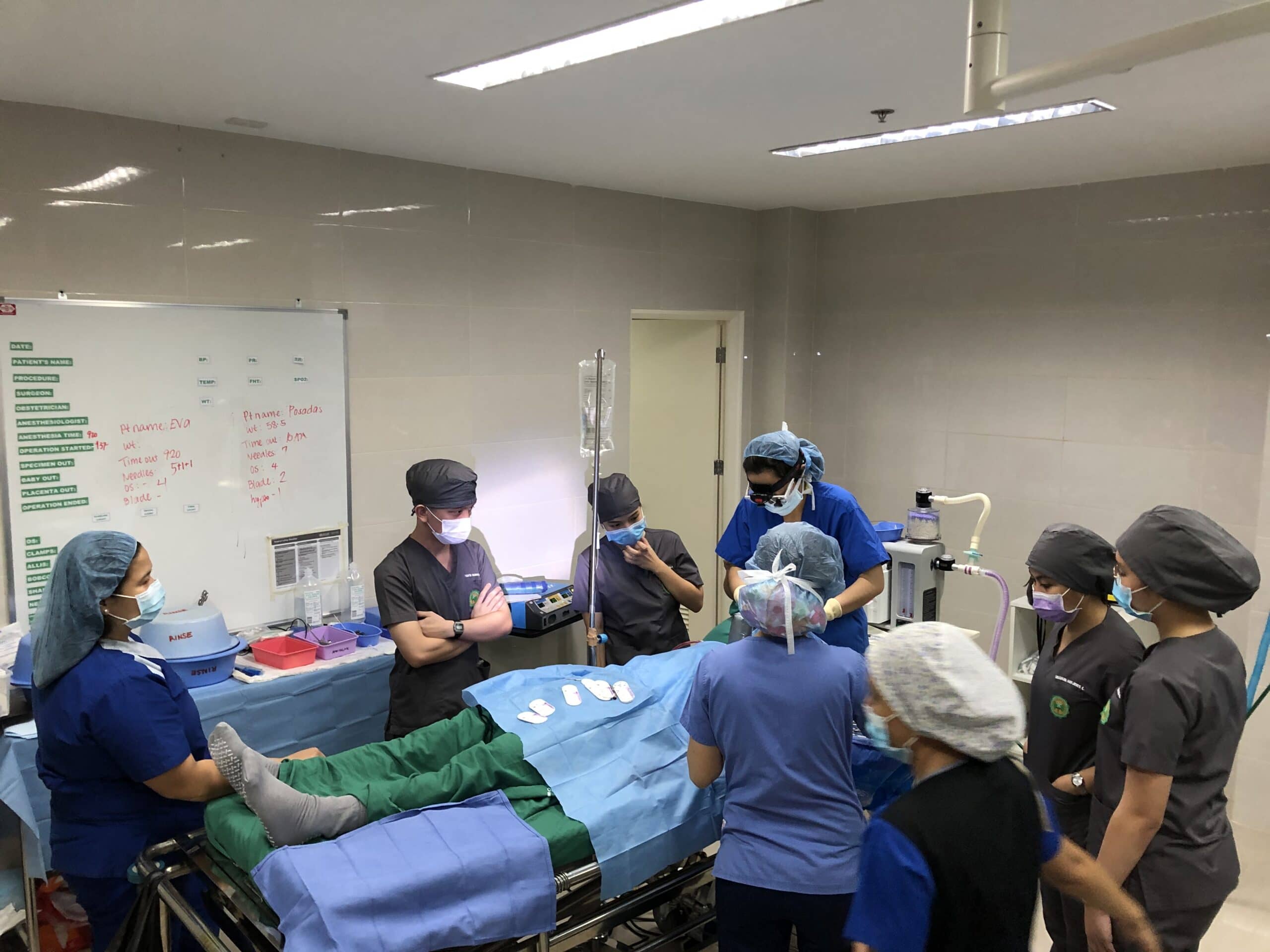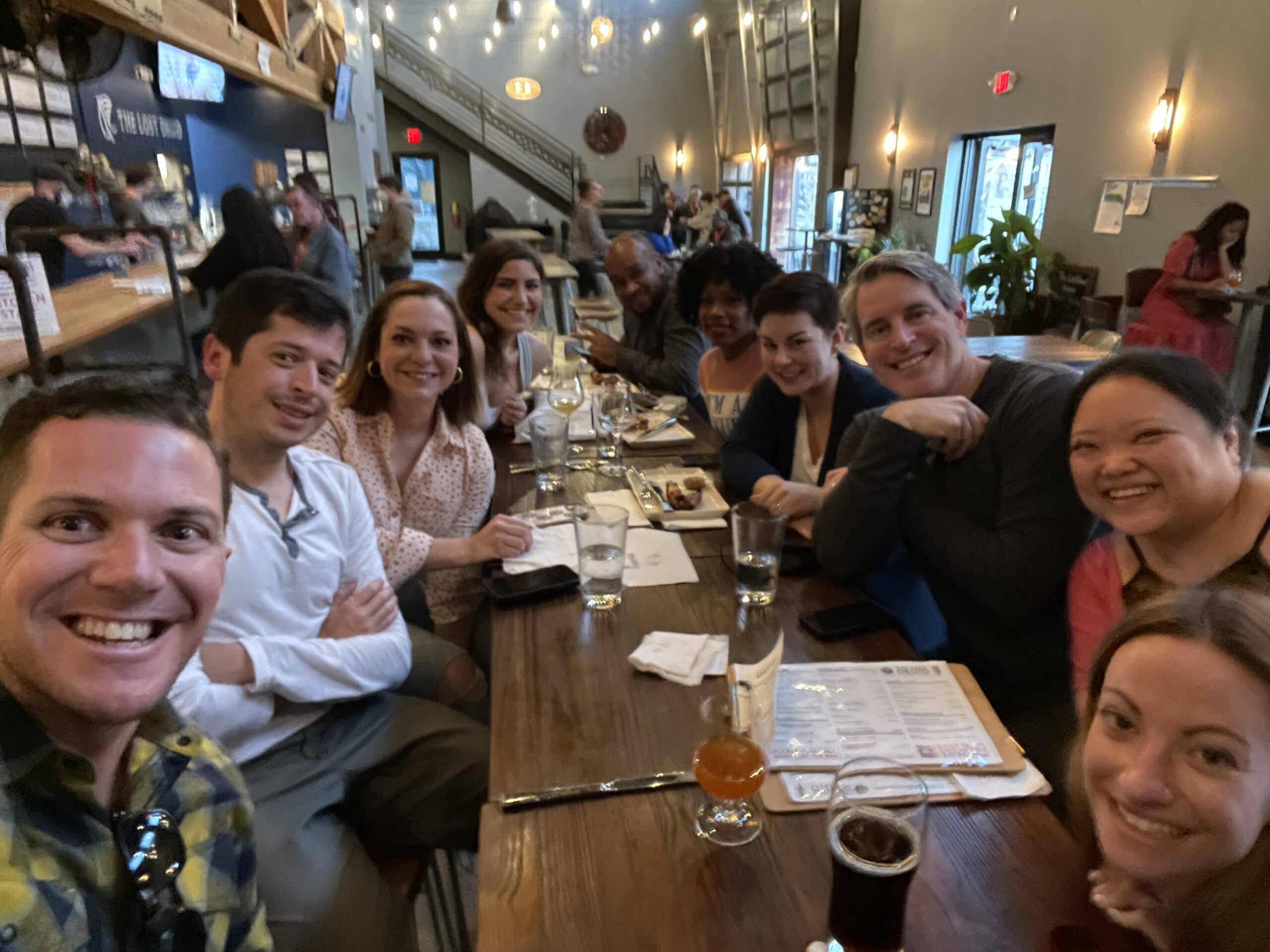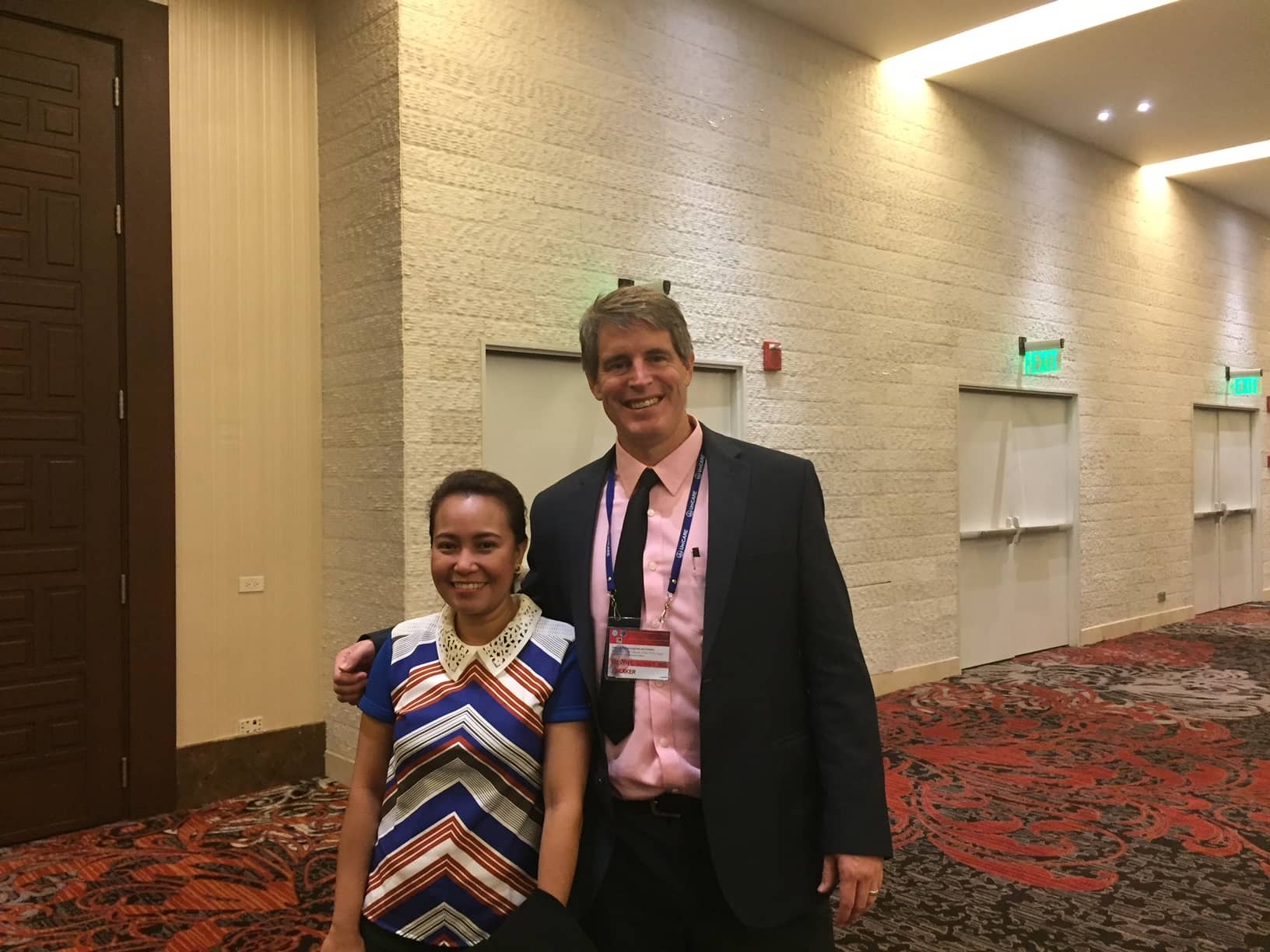Dr. Goudy is the Principal Investigator and provides guidance to the research group at The Goudy Lab in Atlanta, Georgia, which is part of Children’s Healthcare Atlanta. Their research is focused on understanding the basic biologic mechanisms that control facial bone and soft tissue regeneration. Dr. Goudy’s clinical job involves repair of craniofacial malformations including cleft lip, cleft palate and Pierre Robin sequence, and he also participates in head and neck tumor resection and reconstruction.
With children needing access to cutting edge therapies to improve wound healing, reduce operative complications, and develop novel therapies to restore function and reduce morbidity, the lab is focused on modeling bone and soft tissue loss in the craniofacial skeleton. To complete this expansive research, models have been developed to allow the team to study these things in depth.
Cleft and craniofacial disorders are Dr. Goudy’s primary clinical and basic research interests. Even though the surgical repair of cleft lip and palate is highly effective, patients will continue to be faced with ongoing medical, dental, and surgical care. Surgical outcomes can be variable, and the patient’s facial growth and development is primarily the result of their genetic composition. Because of this, much of Dr. Goudy’s research focuses on the problems that can develop during the years that follow surgery.
Craniofacial bone loss in children is a challenging clinical problem for which no regenerative strategies are available. This type of bone loss is primarily treated with autologous bone grafting. Congenital absence of bone in the maxillary area is a defining facial characteristic of Alagille syndrome patients and may require bone grafting to restore maxillary alignment. Alagille syndrome is an autosomal dominantly inherited disorder that occurs primarily due to mutations in JAGGED1 and is associated with cardiac, biliary and bone phenotypes. Children with Alagille syndrome not only have maxillary bone hypoplasia, they also suffer from frequent bony fractures.
Adults with Alagille syndrome have reduced bone mineral density and genome wide association studies revealed Single Nucleotide Polymorphisms in JAGGED1 were associated with reduced bone mineral density in otherwise unaffected adults. Together these data highlight the requirement of Jagged1 signaling during bone formation and that its absence causes multiple bony phenotypes, most noticeably maxillary hypoplasia. Jagged1 regulates multiple cell functions including cell survival, cell migration, and cell fate determination. Our initial work has established the requirement of Jagged1 during cranial neural crest (CNC) bone formation through the generation of a mouse model of Alagille syndrome with maxillary bone loss.
In addition, the Goudy lab collaborates with multiple labs at both Emory and Georgia Tech to further develop regenerative approaches to craniofacial bone formation and soft tissue repair following injury. The gol at the Goudy Lab is to push the boundaries of what is currently known about facial bone and tissue repair, and ultimately use these models to provide translational and clinical relevance. And if you know Dr. Goudy personally, you know that it’s important to him to have fun while working each day!
Follow Dr. Goudy on TikTok










